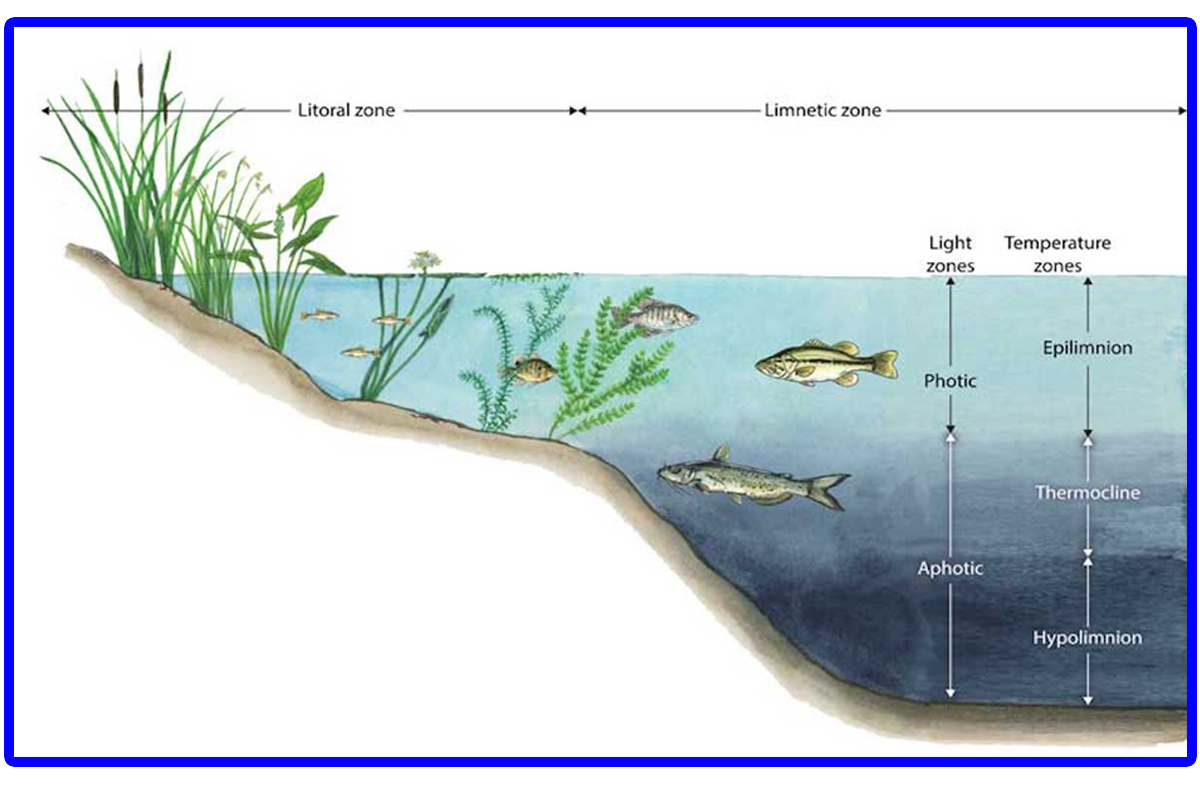
Ever since astronauts on the Moon took the first pictures of the Earth, it has been referred to as the “Blue Planet.” Despite making up three-fourths of the planet, the oceans are a sparsely explored area. It’s possible that our knowledge of the heliosphere exceeds that of our seas.
The temperatures and currents in the water have a significant impact on our weather. It serves as a sink for the extra carbon that we emit. It has offered and still offers a way to go on an excursion.
In many fields, space—and particularly geospatial applications—play a major role. Space data is used by meteorologists and oceanographers to research weather patterns, climate change, and land-sea interactions. Satellites are used for both ocean communications and ocean navigation (GNSS).
Fisheries are also regulated and made possible by the use of space-based geospatial data. ELINT and radar imaging are also utilized to track renegade ships.
There is another reality to the oceans. Nations that were adept at building ships and navigating them may find new territories, start trade, and eventually conquer these nations. As a result, warfare eventually spread to the ocean. Ports, big ships, and other marine assets were put at risk.
Land, sea, and air security were traditionally included in national security. We’re adding space to it now. There is already room for communications, navigation, and strategic imaging. It is now formalized through the establishment of military Space Commands across many nations.
Although the purpose of these commands is to set up systems for space intelligence, surveillance, and reconnaissance (ISR), an offensive role will eventually be established as well. The reality of space being weaponized is awful.
ISR is interested in a number of areas. The Indian Ocean area is the primary one for India. One important commercial transit route is the Indian Ocean. Pirates have an impact on its western regions. Additionally, China, the UK, and the US use it as a spy and surveillance playground. Significant worry in this region is the Chinese presence in several ports, including Djibouti, Hambantota, the Maldives, and Gwadar.
A coordinated plan must be developed by the nations bordering the Indian Ocean, including eastern Africa, the islands, Iran, Pakistan, India, Sri Lanka, Bangladesh, Myanmar, Malaysia, and Indonesia, to safeguard their resources and assets.
Given its established space presence, India ought to be able to take the initiative and supply the resources required for each country to establish its own security measures. Interoperability and standardization are required on a national and worldwide scale.
While there are worries about these areas, there are also chances to implement space-based ISR systems. There are many of chances for the private sector to market its products. Among the potential applications are AI-based analytics, smart sensors, launch systems, and small satellites.
Carpe diem: the blue in the Blue Planet presents chances as well as threats.
